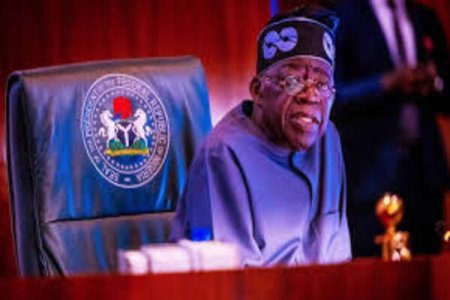
Nigeria's Federal Executive Council approves 20 key projects and policies, including infrastructure, housing, transport, digital initiatives, and visa reforms, in a two-day meeting.
In a marathon two-day meeting, Nigeria's Federal Executive Council (FEC) approved a sweeping array of projects and policies, reflecting the government's commitment to accelerating national development and addressing critical issues across various sectors.
Among the most significant approvals was a series of initiatives aimed at revolutionizing the country's infrastructure and housing sectors through public-private partnerships (PPPs). These initiatives, with the potential to unlock around N2 trillion in investments, are poised to transform Nigeria's infrastructure landscape, meet the urgent demand for affordable housing, foster job creation, and enhance long-term productivity.
The FEC's approvals extended to several key areas, including transportation, digital infrastructure, and revenue assurance. Notably, the council approved the construction of bus terminals and other transport facilities in Abuja at a cost of N51 billion, as well as the award of contracts for road projects such as the Lagos-Calabar Coastal Superhighway's Section 2 (N1.6 trillion) and the reconstruction of the Koton-Karfe-Abaji Road (N89 billion).
In a bid to enhance digital connectivity, the council approved the creation of a Special Purpose Vehicle (SPV) to develop 90,000 kilometers of fiber-optic cable, aiming to increase Nigeria's internet connectivity by 60-70 percent. The SPV plans to emulate the successful model of the Nigerian Liquefied Natural Gas (NLNG) company.
Other notable approvals included the conversion of a Nigerian government-owned property in San Francisco into a Digital Technology Exchange Programme Hub, valued at nearly $7 million, and the procurement of 200 Compressed Natural Gas (CNG)-powered Toyota Land Cruiser Buffalo V6 vehicles for the Nigeria Customs Service for N12.5 billion.
The FEC's decisions also encompassed initiatives to improve the ease of doing business, such as a four-week deadline for reviewing the visa policy to facilitate visits by tourists, business people, and creative professionals.






